
Topaz, the November birthstone, an exquisite gem of many colors, is a much sought-after gemstone for jewelry. In ancient times, people believed that topaz possessed magical and healing qualities. Its name may originate from the Sanskrit word for fire.
Colors of the November birthstone
Topaz occurs in a range of magnificent colors: pale blue, varying shades of yellow, pink, red, brown, and even black. Pure topaz itself is a colorless stone. Red and some pink topazes get their colors from chromium that’s substituted for aluminum in the crystals. Most other colors occur due to minor element substitutions and defects in the crystal. Some colors are unstable and can fade away. In other stones, heat can cause color changes. High-energy irradiation of colorless topaz can transform it to blue gemstones.

Chemically, topaz is an aluminum silicate mineral containing fluorine and hydroxide (a hydrogen-oxygen molecule). According to Geoscience Australia, high concentrations of flourine — a condition needed for topaz formation — are geologically rare. They explained that topaz is formed in the cavities of certain igneous rocks:
The crystals grow in the late stages of a magma cooling, when there is enough fluorine to enable the formation of topaz. Some topaz crystals grow after hot fluids (hydrothermal solutions), rich in fluorine, flow through cracks in rocks that have already cooled.
Topaz on display
Strong chemical bonds within topaz make it the hardest of silicate minerals, rating 8 on the Mohs scale. Topaz gemstones occur in many sizes, from tiny crystals to large rocks. One of the biggest uncut topaz stone, a specimen from Brazil, weighs almost 600 pounds. It’s on display at the American Museum of Natural History in New York. And one of the largest cut topaz in the world resides at the the Smithsonian Museum of Natural History in Washington D.C. Called the American Golden Topaz. It weighs 10.1 pounds and is about 7 inches in length.
Weighing ~600 lbs (272 kg), this tremendous topaz is one of the largest single crystals of topaz in any museum in the world! It's just 1 example of how large crystals in pegmatites can grow. See it in the Mignone Halls of Gems and Minerals, opening THIS Sat., 6/12! #NewYorkRocks pic.twitter.com/gqyG0wdUkg
— American Museum of Natural History (@AMNH) June 10, 2021

Uses for the November birthstone
The lively fire, clarity, colors and hardness of topaz make it ideal for jewelry such as necklaces, brooches and bracelets. People can mistaken the brilliantly cut, colorless, pure topaz for a diamond. Because of its rarity, topaz is an expensive gem. The most valued and rarest color is red. Imperial topaz – sherry-colored varieties of brownish-yellow, orange-yellow and reddish brown – are the most popular topaz stones. They command high prices, as do pink colored stones. Light blue and pale yellow topaz are of less value, but are nevertheless stunning in beauty.
Besides its use in jewelry, topaz has industrial applications. It’s used as a refractory material in kilns and furnaces because it maintains its strength under extreme heat. That property also makes it useful as a mold for molten glass and metals.
Brazil is the largest producer of topaz, the most notable source being the Minas Geranis region. Topaz is also mined in several countries including Pakistan, Sri Lanka, Russia and Australia. In the United States, people have found it in Utah, Texas and California.

Topaz lore
The gemstone’s name, topaz, may have originated from the Sanskrit word meaning fire. There’s also a more convoluted alternate story. The gemstone could might be named after an ancient Greek island in the Red Sea called Topazos. The island, supposedly difficult to locate, was where people mined a yellow stone. Most now think that stone is actually chrysolite.
In ancient lore, the topaz had the power to cool boiling water. These gemstones supposedly made their owners cheerful, giving them pleasant dreams. People also believed that those who wore topaz would have a long life with beauty and intelligence.
During the Middle Ages, people believed that gemstones with special engravings held great powers. In the 13th century Book of Wings by Ragiel, this was said about the topaz:
The figure of a falcon, if on a topaz, helps to acquire the goodwill of kings, princes, and magnates.
As medication, people tried to cure fevers with topaz. They added powdered topaz to wine to prevent asthma and insomnia. They believed that a topaz held in the hand of a woman during childbirth lessened her pain.
Saint Hildegard, a 12th century German Benedictine abbess, recommended topaz as a cure for weak vision. People immersed the stone in wine for three days and nights, then rubbed the liquid on the eyes. A 15th century Roman physician claimed to have cured plague sores by touching them with a topaz that once belonged to two Catholic popes.
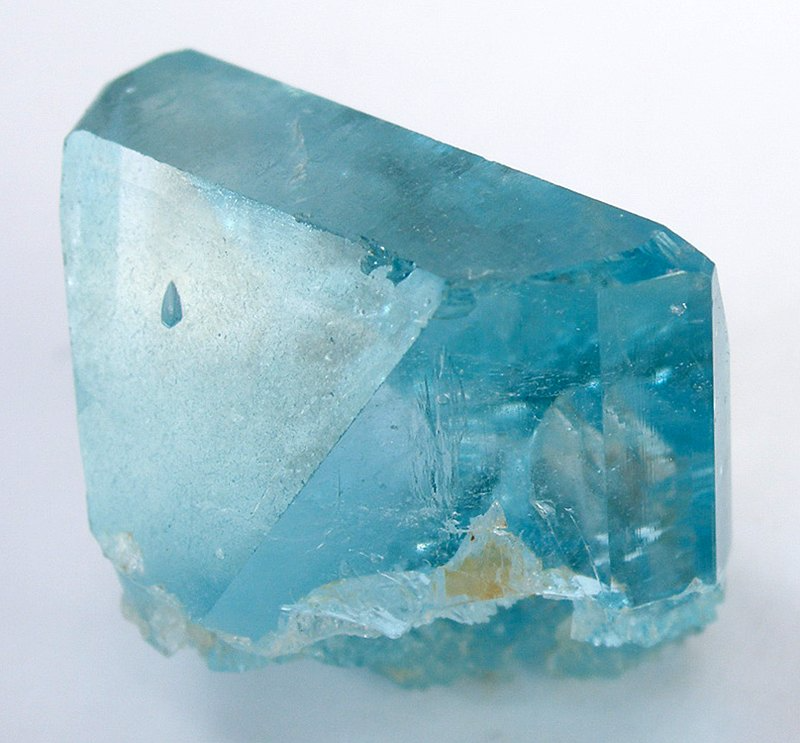
Bottom line: Topaz is the November birthstone. It is a hard mineral popular in jewelry. It’s also had an enduring mythology of magical and healing powers.
Read about the birthstones for the other months of the year:
January birthstone
February birthstone
March birthstone
April birthstone
May birthstone
June birthstone
July birthstone
August birthstone
September birthstone
October birthstone
November birthstone
December birthstone
The post November birthstone: the topaz first appeared on EarthSky.




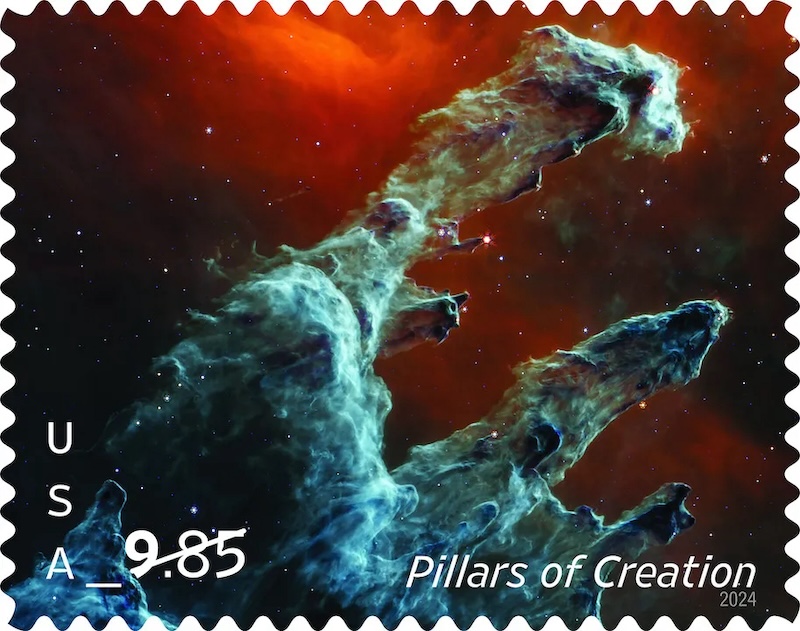
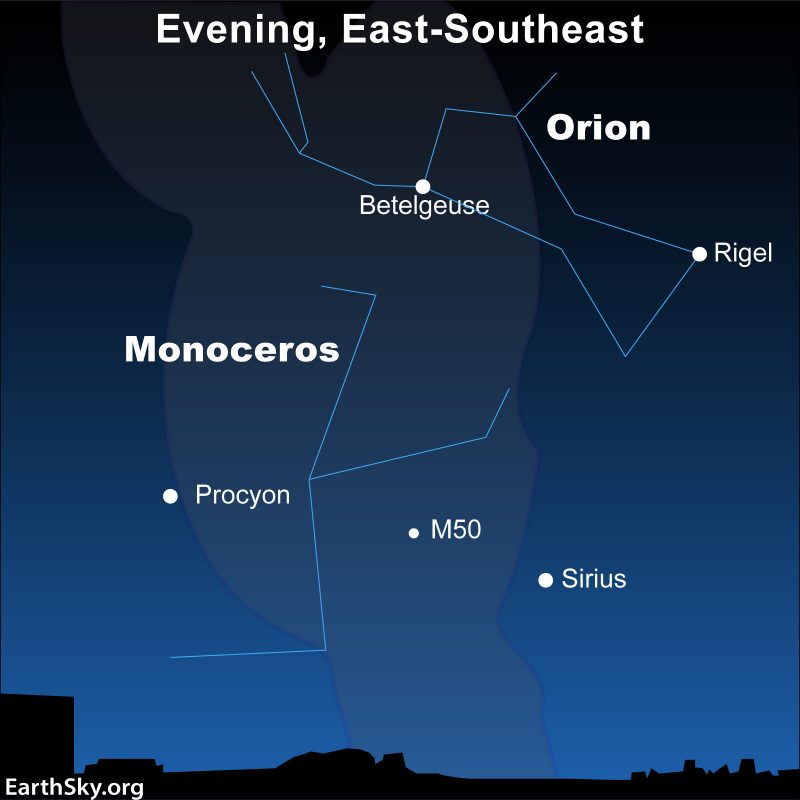
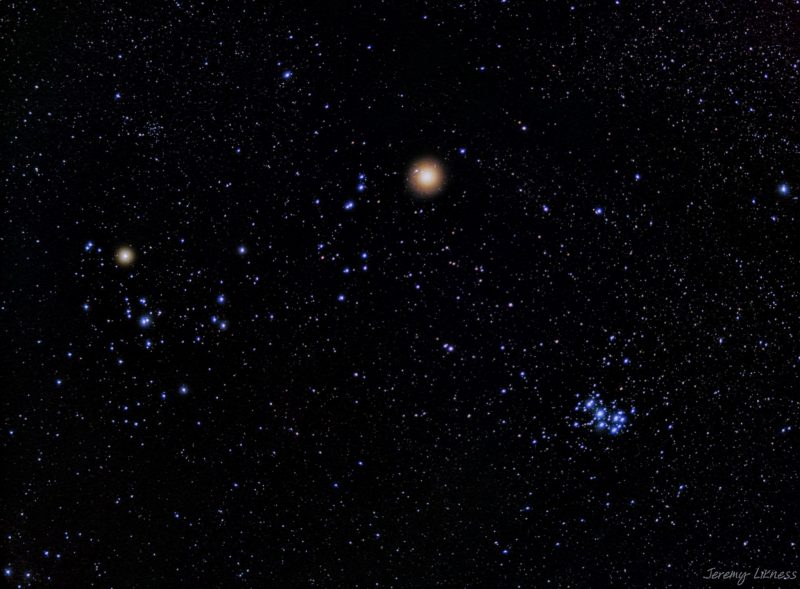
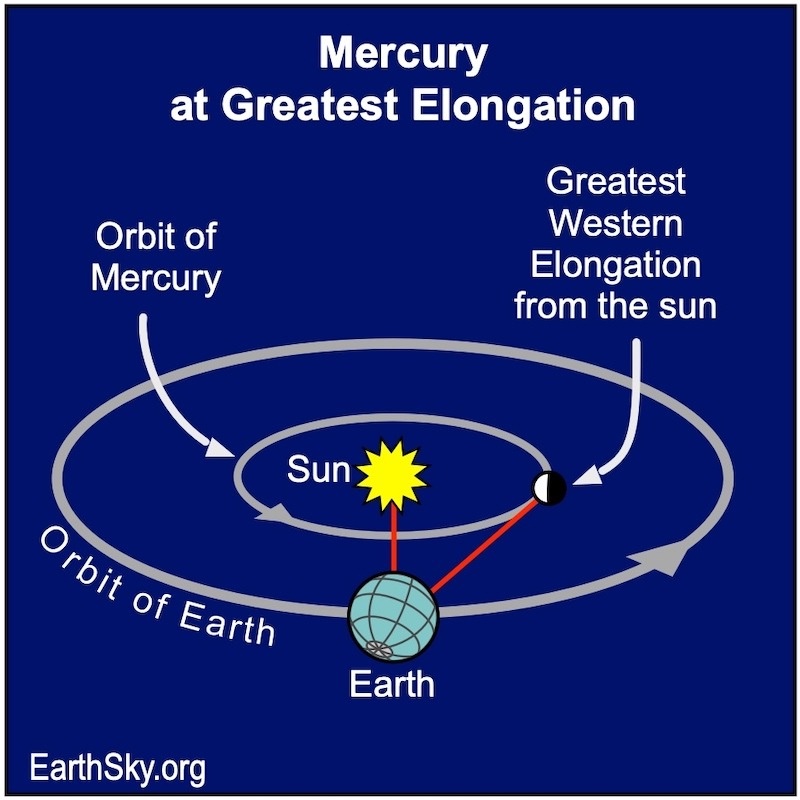
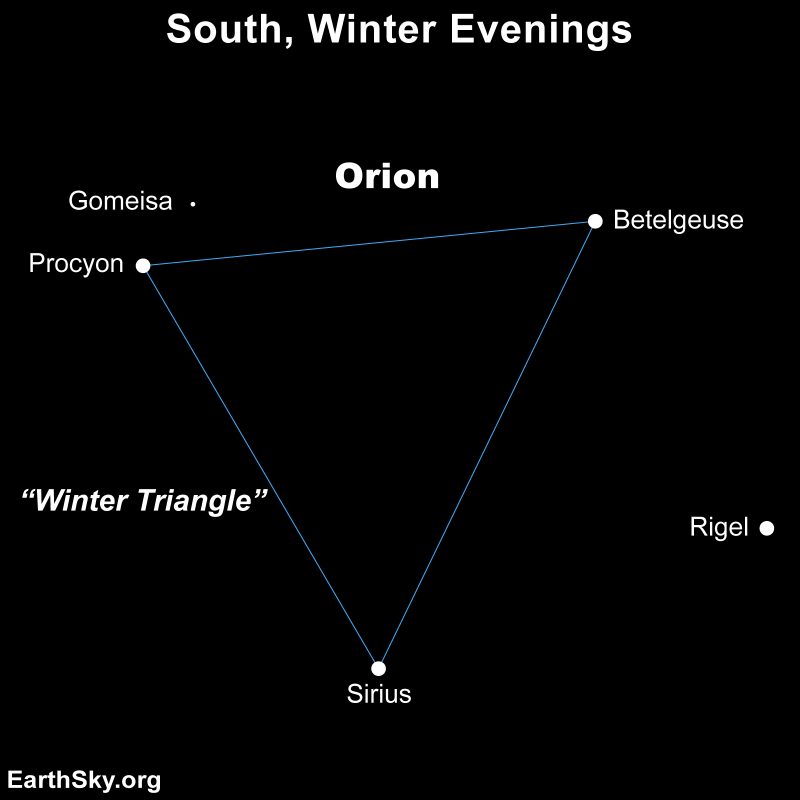
0 Commentaires